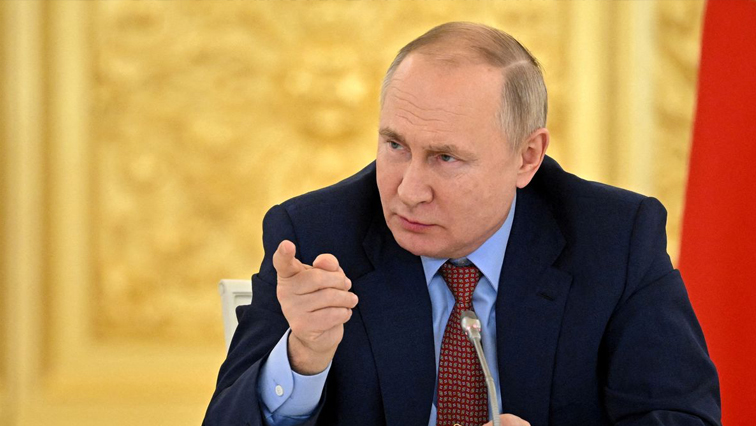Amnesty International says it is not surprised by the recent announcement made by the South African Presidency regarding Russian President Vladimir Putin’s absence from the future BRICS Summit scheduled to take place in South Africa in August 2023.
In a statement released by the Presidency, it was disclosed that a mutual agreement had been reached, resulting in the Russian Federation being represented by Foreign Minister Sergey Lavrov instead of President Putin.
Amnesty International’s Mienke Steytler comments on the matter, emphasising that they firmly stand by the belief that as a signatory to the Rome Statute, which established the International Criminal Court, South Africa has a duty to arrest and surrender Putin to the court if he were to set foot in the country.
Russia’s Vladimir Putin will not attend BRICS Summit in SA:
Steytler further clarifies Amnesty International’s stance, stating, “We will continue, as we have previously stated, to participate in the proceedings as a friend of the court, not as a friend of the DA. Our involvement is driven by our commitment to providing impartial information to the court regarding legal matters, both at domestic and international levels.”
The decision to have Lavrov representing Russia at the BRICS Summit has raised questions and garnered attention from human rights organisations like Amnesty International, further highlighting the complexities surrounding diplomatic relations and international legal obligations.
Ramaphosa’s response as Putin’s arrest affidavit is made public:
ANC breaths sigh of relief at Putin’s decision not to attend BRICS Summit
In a significant development, Obed Bapela, the Deputy Chair of the International Relations Sub-Committee of the African National Congress (ANC), expressed relief at the announcement that Putin would not be attending the BRICS Summit.
The decision comes as a relief to South Africa, avoiding a potential diplomatic dilemma that could have arisen from Putin’s presence.
Speaking on the matter, Bapela highlighted the importance of adhering to South Africa’s laws and the Rome Statute, which the country has adopted concerning future events and hosting. He emphasised that this decision was particularly crucial in light of past experiences, specifically referencing an incident involving Omar Al-Bashir, the former Sudanese president.
Bapela recalled the confrontation the country faced when Al-Bashir attended a previous event, despite being wanted by the International Criminal Court (ICC) for alleged war crimes and genocide. South Africa’s refusal to arrest Al-Bashir during his visit had raised international scrutiny and posed significant diplomatic challenges.
“We didn’t want to see a repeat of that situation,” Bapela stated, underlining the potential complications that could have arisen had Putin attended the BRICS Summit. The ANC Deputy Chair commended the discussions that had taken place, which ultimately led to Putin understanding the situation and difficulties faced by South Africa.

